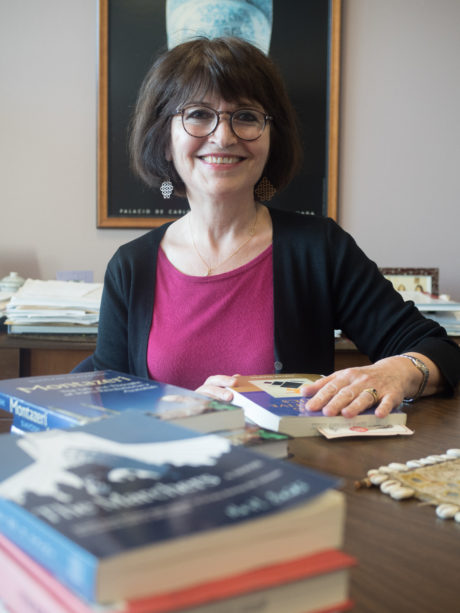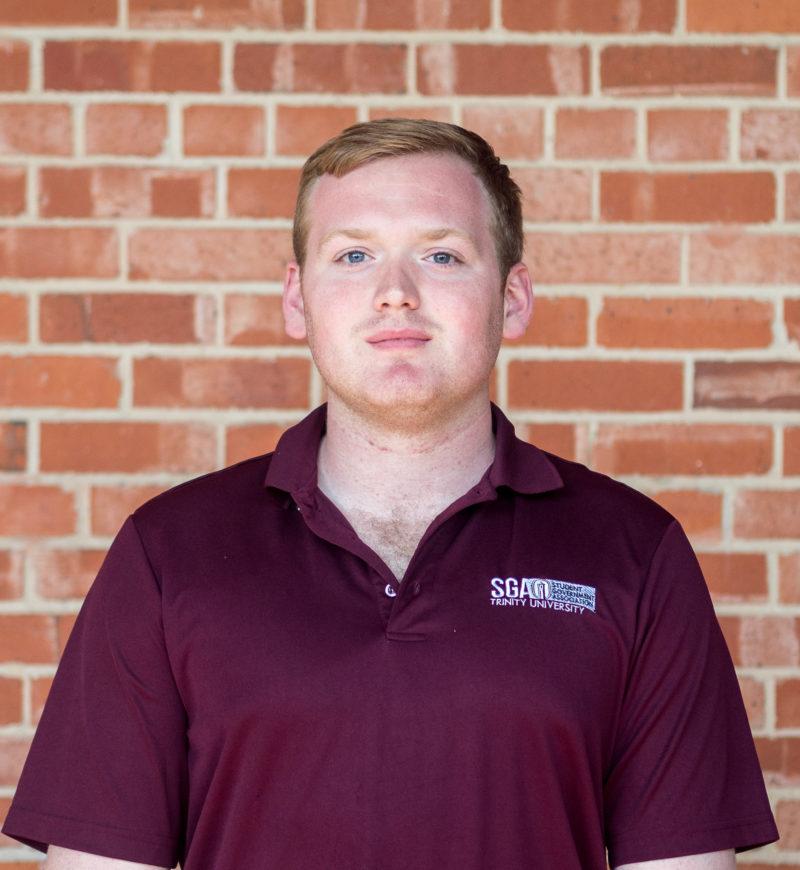As college kids, we don’t know much, but as a result of the Trinity experience, we become informed on a plethora of issues. I know that I came to Trinity in order to get a political science degree and to be a productive member of the American Conservative Movement. But, in the process I have learned about far more things than just American domestic politics: I have become informed on the history of East Asia, the theft of ancient artifacts and kinda how coding works.
In my education, no class has quite opened my mind as much as Sussan Siavoshi’s Middle East and the World course. Siavoshi was born and raised in Iran, and this provides her with insight into the Middle East that the average student can’t possibly have. I originally decided to take this course last spring when I realized that I wanted and needed to know more about the Middle East.
Siavoshi begins the course by laying down the basic history of the region and making sure that students understand some vital specific differences that often become lost in the Western world. For example, she takes time to highlight the difference between Arabs and Muslims. Arabs are a group of people originally from the Arabian Peninsula, while Muslims are followers of the Prophet Muhammed. Not all Muslims are Arabs, and not all Arabs are Muslims. From there, she goes on to lay out the Israeli-Palestinian conflict, which is not nearly as black and white as each side wants or claims it to be.

After helping students comprehend this conflict, which is often considered the most salient issue in the contemporary Middle East, she moves on to what is an arguably more important but less salient issue in the realm of international relations: Iran’s relationship with the rest of the Middle East and the United States.
Siavoshi opened the segment on Iran by asking the class what we had heard about Iran. She egged us on and told us that she wasn’t going to be mad at us for stating ignorant stuff that we had heard, so we began to speak up. We finally came up with a variety of statements, most of them negative.
“Iranians are wide-eyed religious radicals who hate the United States and want to destroy the United States and kill us,” was the general consensus.
The United States and Iranian international relationships are marred by a dearth of trust due to missteps by both sides. Iran is very distrustful of the West due to the coup of 1953 in which Western powers couped out a democratically elected prime minister. In addition to the 1953 coup, Iran was also occupied by Russia and the United Kingdom during World War II. On the American side, the Iran hostage crisis, when Iranian students stormed the American embassy and held American citizens captive for 444 days, remains in our nation’s psyche.
I have found this class to be vitally important in my understanding of the world and of the Middle East. I would like to encourage everyone to take classes that are out of your comfort zone. Take classes about important topics that pertain to the future of the world so that you can be an informed citizen and inform others of the nuances of that issue. We are all blessed to be able to attend a liberal arts school, so we might as well make sure that we get that vast liberal arts experience and knowledge that we all signed up for. With that, take classes that are outside of your comfort zone, you never know when you will need it.




